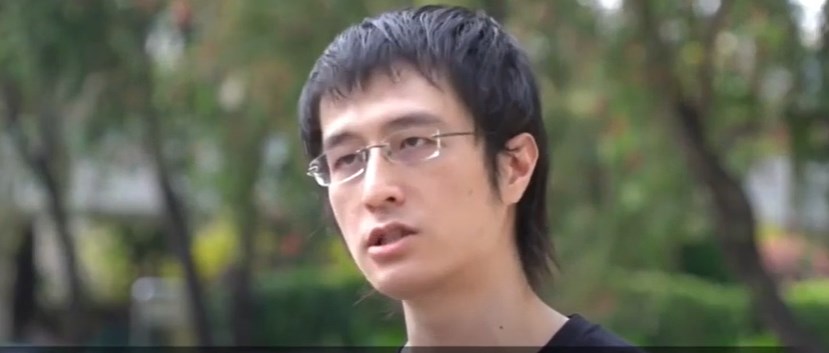The return to Hong Kong of ten of the 12 people who were caught apparently trying to flee to Taiwan brought us more than a few wanted targets. Some mainland legal habits appear to have been in the luggage.
It is a characteristic of mainland justice that defendants often disappear from view, their whereabouts a complete mystery to friends and family. Legal representation is sporadic and defence lawyers often appear to have been selected by the prosecution rather than the defendant.

Trials are short and may feature no legal argument worth speaking of. Important decisions are often taken in the absence of the defendant.
It seems that staying in a mainland prison has interesting effects. Some of the 12 are reported to have developed a mysterious aversion to lawyers and a desire to unburden themselves to police interrogators without the presence of such people.
Andy Li, one of the suspects, managed to disappear completely. After a remand hearing, at which he was not present, his family faced a wall of silence from government departments. The Correctional Services Department denied any knowledge of Mr Li’s whereabouts. So did the police.
Mr Li’s latest non-appearance before a magistrate did produce one interesting change, a lawyer appeared claiming to be working on his behalf. This was news to Mr Li’s family. The lawyer concerned kept up the wall of silence, refusing to tell anyone where Mr Li might be.
The CSD apparently now admits that Mr Li is in its custody. It refuses to discuss the case but cites a policy under which prisoners who wish to have their location kept secret are allowed to do this by the department. I can see some prisoners might need this service, but providing it under present circumstances to this group of defendants produces a disturbing scene. One wonders if Mr Li is working on a video.

Part of the problem here is the Covid-19 situation. Apparently all the prisoners are required, like everyone else arriving in Hong Kong, to serve a period of quarantine. This is difficult to arrange if they are to appear in court so they do not.
The relevant departments do not seem to have considered the implications of the resulting spectacle: absent defendants unrepresented in court are remanded in custody after a brief formal hearing in which nobody present is looking out for their interests. This is not satisfactory. Decisions about people’s liberty should not be made on this basis: justice should be seen to be done.
I suggest that magistrates should insist on such occasions that an absent defendant is represented by someone, preferably a lawyer of his choice. If such a defendant adamantly refuses legal help he should be present via Zoom or some such gadget, so that he can at least see what is done to or for him, and any relatives or friends who turn up can see that he is still in one piece.
The two juveniles who were also on the ill-fated voyage raise a different issue. The mainland authorities took the humane and sensible decision that there was no point in lobbing them into the jaws of the local legal machinery, and sent them back to Hong Kong, where they arrived in December. Police said they might be charged with further offences and we have heard nothing since.

Hong Kong, like China, is a signatory of the relevant international treaty, the UN Convention on the Rights of the Child, which provides that “In all actions concerning children, whether undertaken by public or private social welfare institutions, courts of law, administrative authorities or legislative bodies, the best interests of the child shall be a primary consideration.” The two kids on the boat are clearly covered by this treaty: “the child” in this context means up to 18 years old.
Consequently it is not acceptable for them to be treated to the usual approach to the persecution — I beg your pardon prosecution — of other political targets, in which the defendant languishes in custody for months while the Department of Justice (sic) gets its ducks in a row.
This does not by any stretch of the imagination serve the “best interests” of the children concerned. If they are to be tried they should be tried without delay in a proper Juvenile Court.
Support HKFP | Policies & Ethics | Error/typo? | Contact Us | Newsletter | Transparency & Annual Report | Apps
Help safeguard press freedom & keep HKFP free for all readers by supporting our team
| HKFP is an impartial platform & does not necessarily share the views of opinion writers or advertisers. HKFP presents a diversity of views & regularly invites figures across the political spectrum to write for us. Press freedom is guaranteed under the Basic Law, security law, Bill of Rights and Chinese constitution. Opinion pieces aim to point out errors or defects in the government, law or policies, or aim to suggest ideas or alterations via legal means without an intention of hatred, discontent or hostility against the authorities or other communities. |

More HKFP OPINION:
HKFP has an impartial stance, transparent funding, and balanced coverage guided by an Ethics Code and Corrections Policy.
Support press freedom & help us surpass 1,000 monthly Patrons: 100% independent, governed by an ethics code & not-for-profit.










